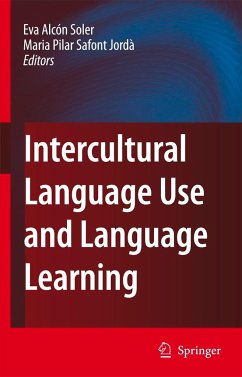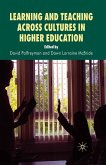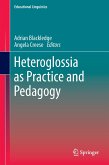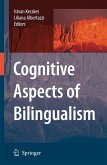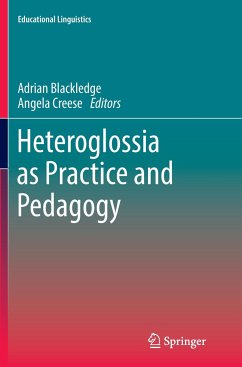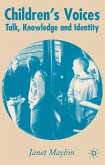Eva Alcón Soler Maria Pilar Safont Jordà Universitat Jaume I, Spain The main purpose of the present book is to broaden the scope of research on the development of intercultural communicative competence. Bearing this purpose in mind, English learners are considered as intercultural speakers who share their interest for engaging in real life communication. According to Byram and Fleming (1998), the intercultural speaker is someone with knowledge of one or more cultures and social identities, and who enjoys discovering and maintaining relationships with people from other cultural backgrounds, although s/he has not been formally trained for that purpose. Besides, possessing knowledge of at least two cultures is the case of many learners in bilingual or multilingual communities. In these contexts, the objective of language learning should then focus on developing intercultural competence, which in turn may involve promoting language diversity while encouraging English as both a means and anend of instruction (see Alcón, this volume). This is the idea underlying the volume, which further sustains Kramsch's argument (1998) against the native/ non-native dichotomy. Following that author, we also believe that in a multilingual world where learners may belong to more than one speech community, their main goal is not to become a native speaker of English, but to use this language as a tool for interaction among many other languages and cultures.
Hinweis: Dieser Artikel kann nur an eine deutsche Lieferadresse ausgeliefert werden.
Hinweis: Dieser Artikel kann nur an eine deutsche Lieferadresse ausgeliefert werden.

